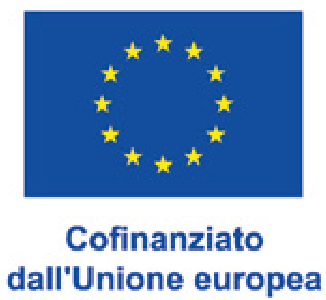The Swiss Pine: "The King of the Alps"
The Swiss pine, also known as the stone pine, has rightfully earned this title. For millennia, it has been highly regarded for its extraordinary characteristics.
Also called the "ice tree," this tree grows in extremely harsh conditions at very high altitudes and can withstand temperatures below -40°C. It is the most frost-resistant Alpine species, able to do this by forming ice crystals outside its cells, which do not damage the cells but protect them by drying and preventing freezing. Additionally, it maintains particularly high pressure in the water conduits in its needles, ensuring good irrigation and nourishment even at very low temperatures. For this reason, these trees are rich in resin and essential oils. And this is the secret of this wood.
We firmly believe that our ancestors knew nature and its secrets very well. This is why many houses in the mountain villages, including here in Val di Sole, had a "stube," the main room of the house where people ate and spent most of the day, completely lined with stone pine. In some houses, even the bedroom was lined with stone pine, though in most cases, only the bed was made of "zirmol" (stone pine).
Research on the Effects of Swiss Pine
They knew very well that this wood has calming and relaxing properties and helps in energy recovery by providing rejuvenating sleep. The point is that this is not just a simple popular belief but has been reinforced by scientific studies conducted by the Human Research Institute for Health Technology and Prevention in Graz, led by Dr. Maximilian Moser. The studies have shown that the essential oil of Swiss pine has beneficial effects on the parasympathetic system. In particular, its scent acts on the vagus nerve, which helps lower blood pressure and heart rate. In practice, it protects our heart from daily stress, promoting optimal relaxation and energy recovery. Today, this nerve is also recognized as the "nerve of health" because it inhibits inflammation in our body. These inflammations are reactions of our immune system to external pathogens, and they often become chronic. Therefore, the activity of the vagus nerve is of fundamental importance.
If we consider that we have around 2 billion heartbeats at our disposal, slowing them down can extend our lives.
Swiss Pine at MONROC
It's incredible that even now, nine years after opening MONROC, as soon as I enter a space lined with stone pine wood, I immediately breathe in this balsamic scent, and the feeling is one of sweet calm. This wood will also be a fundamental part of the new MONROC 2.0, which is why I wanted to delve deeper into the knowledge of this wonder of nature.
Attilio will often talk to you about the Swiss pine during his trekking explorations, especially when he takes you to Val di Peio, where there is an entire mountain called "Doss dei Gembri." He will tell you about the Nutcracker, the bird that eats the seeds of the Swiss pine and hides them as a winter reserve; about 20% of its stash is not recovered and germinates into new pines. The Nutcracker has the habit of hiding seeds in extreme places, such as rock crevices or directly on bare stone, which is why many Swiss pines grow in truly inhospitable and rugged places. But it’s much more fascinating when told by him.
Here, we’ve shared a bit of this wellness secret and leave you with some tips on how to use it best, starting with a simple bottle of Swiss pine essential oil, which you can find for sale here at Monroc.
Little Wellness Secrets
Essential Oil Blends
-
To boost concentration: 3 drops of Swiss pine essential oil, 3 drops of white pine, 3 drops of red pine. It has a stimulating effect, promotes mental clarity, and aids concentration and intellectual activity.
-
To promote relaxation: 3 drops of Swiss pine essential oil, 3 drops of lavender, 3 drops of clary sage. It has a relaxing effect and provides emotional balance.
Sleeping with a Swiss pine pillow is a great way to enjoy all the benefits I've mentioned. There are many sites where you can buy them, or if you join us for the Thursday trekking, Attilio always carries a couple made by an artisan from Val di Peio. These are even more special, with zero food miles.





